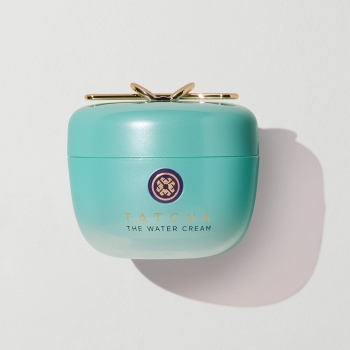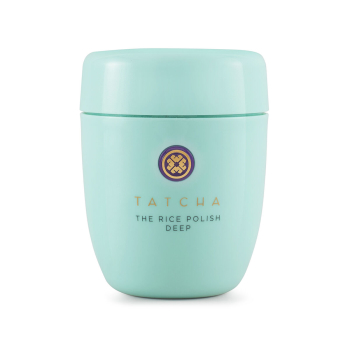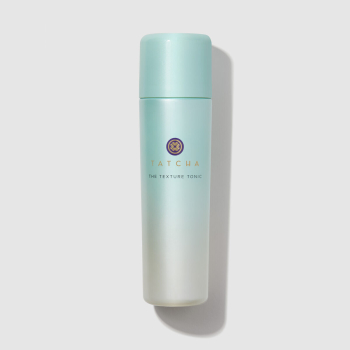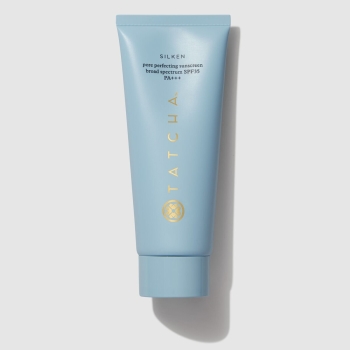Wild Rose
How does wild rose benefit your skin?

Benefits
Clarifying, Even Texture, Even Tone
About
Wild rose is one of Tatcha’s most treasured ingredients for clarifying and minimizing the appearance of pores. You can find wild rose in many of our clarifying products, including our bestselling moisturizer The Water Cream, where the botanical helps visibly tighten pores and smooth skin’s texture for more balanced skin. The botanical can also be found in The Texture Tonic, which clarifies with fruit AHAs, niacinamide, mugwort, wild rose, and functional fragrance to visibly even skin tone and texture. Wild rose is also seen in The Deep Cleanse, a gentle exfoliating cleanser that minimizes excess oil and unclogs and tightens pores. Additionally, the beneficial ingredient helps clarify in The Rice Polish: Deep.
“ Wild rose fruits are known for their ability to reduce the appearance of pores and also improve skin tone and texture.
Science
The wild rose hips are abundant in Vitamins A, C, and E, as well as flavonoids and tannins. Wild rose fruits are known for their ability to reduce the appearance of pores and also improve skin tone and texture. Dietarily, rose hips can be seen in supplements and herbal remedies for the flu, inflammation, and osteoarthritis.
History
In traditional Eastern medicine, every element of the wild rose is used to benefit the body, mind, and spirit — from bringing the body back into balance to improving circulation and even calming the mind. The leaves of the wild rose plant are used as a poultice to treat wounds. The fruit is used in multiple ways, from preserves to laxative remedies. Water infused with dried rose petals is also served as a tea to relieve headaches.
Provenance
Native to East Asia, the wild rose was grown not just for its beautiful blooms, but also its many benefits. The quick-growing shrub was brought to the US in 1866 from Japan and quickly spread across America. Its fruit is used as a vital source of cover and food for innumerous animals, making it an important wildlife staple, particularly in winter when high-nutrition foods are traditionally unavailable.
Did You Know?
A single stem of the wild rose can produce up to 400 blossoms and the shrub can reach as tall as 15 feet, forming a wall of blooms. Plus, each shrub can produce up to 500,000 seeds a year, with each seed remaining viable in the soil for up to 20 years.




